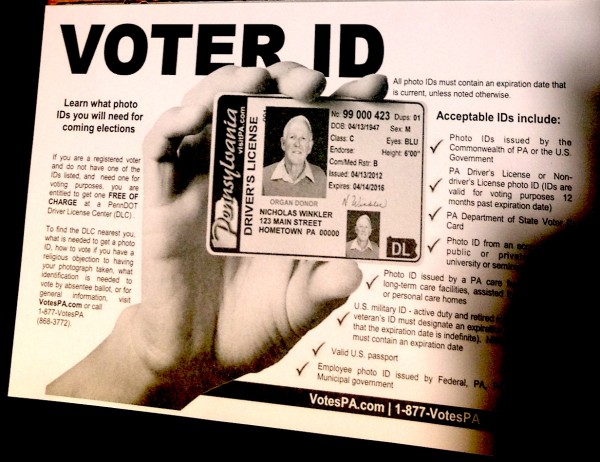
Originally posted on Jan. 19, 2016
In every election cycle, news stories tout the potential of online activism to engage people who have historically been less engaged in offline politics – particularly young people, women, and people with less education and income. Could this be true? If so, there would be new possibilities for enlarging American democracy – in an age when one in three eligible U.S. adults skips voting in presidential elections and two thirds of potential voters fail to show up in midterm elections.
But what if online activism mainly offers ways for citizens who are regularly politically active offline to amplify their already loud voices? In that case, online political opportunities would largely reinforce existing political inequalities.
Using national data on Americans who engage in various types of online and offline political participation, our research examines the evidence about these competing “new mobilization” and “reinforcement” perspectives on the impact of online activism. more...


 Research to Improve Policy: The Scholars Strategy Network seeks to improve public policy and strengthen democracy by organizing scholars working in America's colleges and universities. SSN's founding director is Theda Skocpol, Victor S. Thomas Professor of Government and Sociology at Harvard University.
Research to Improve Policy: The Scholars Strategy Network seeks to improve public policy and strengthen democracy by organizing scholars working in America's colleges and universities. SSN's founding director is Theda Skocpol, Victor S. Thomas Professor of Government and Sociology at Harvard University.